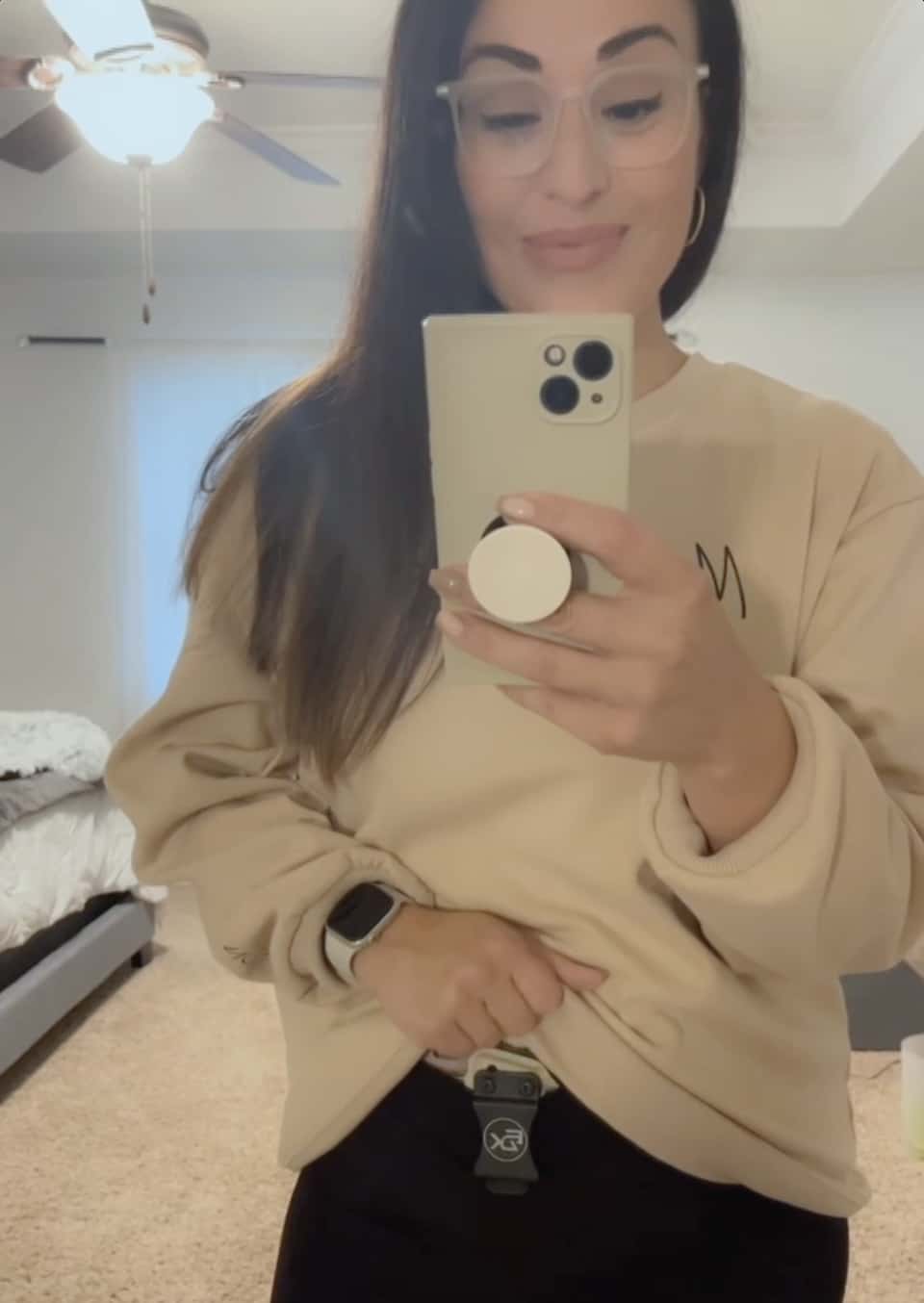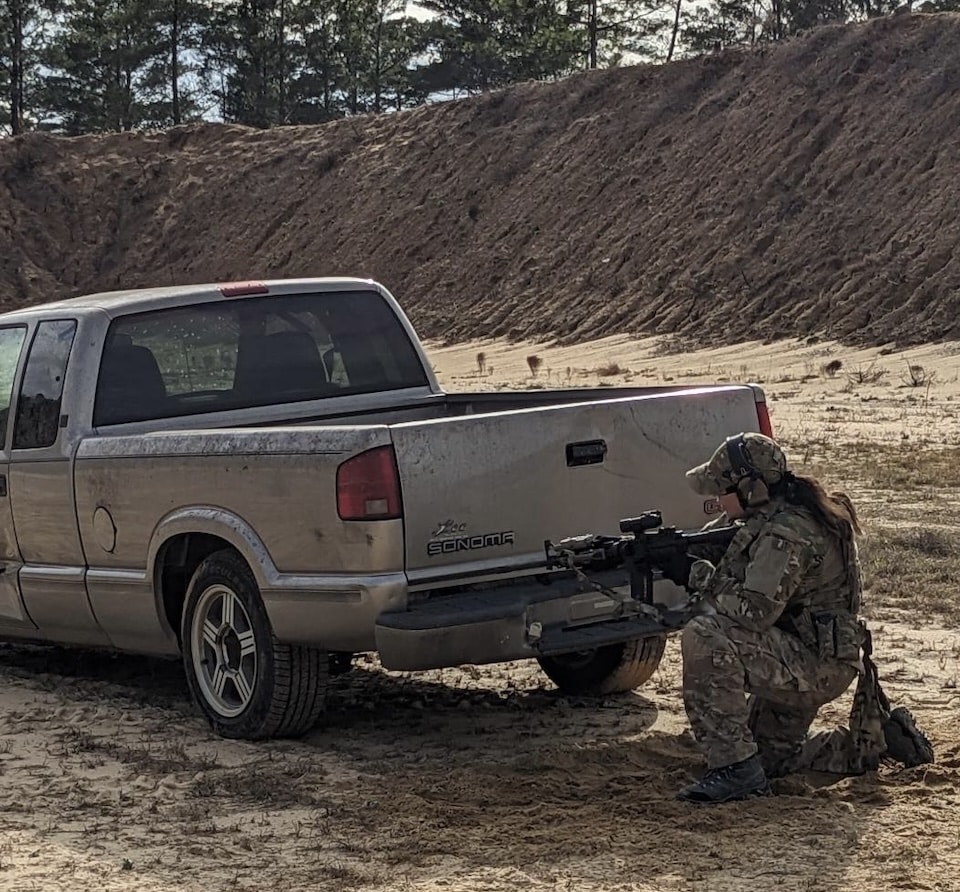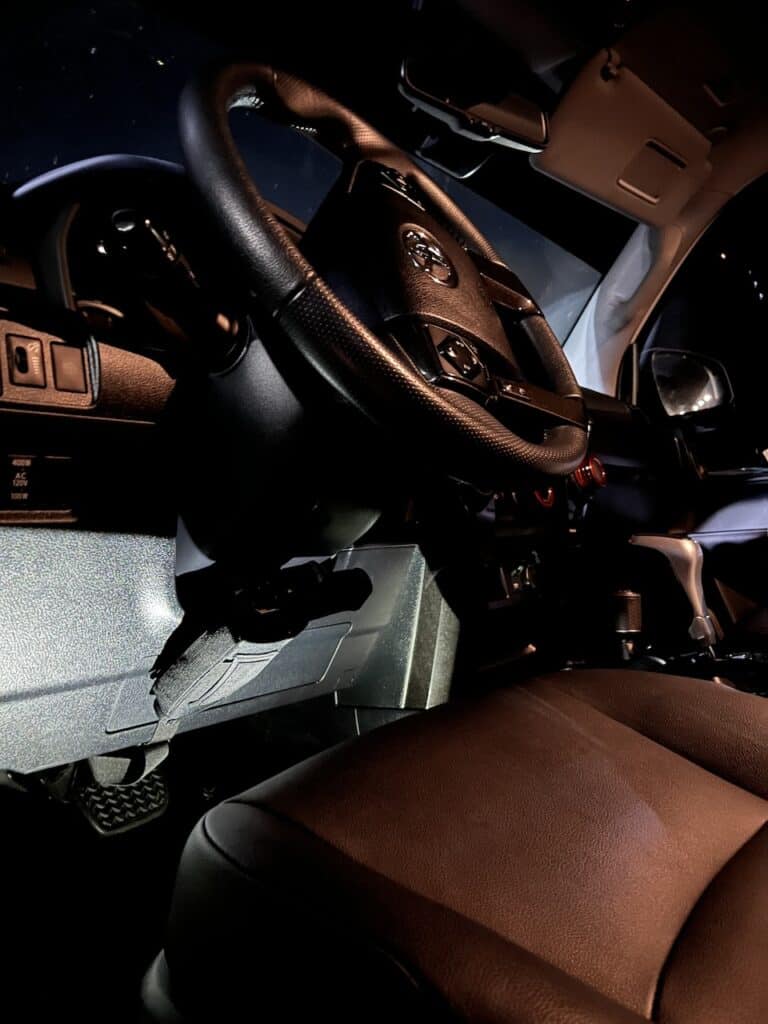In this article, Avery Skipalis continues with a new series called “Women Who Carry.” In this third installment, she interviews Jackie P., an Aviation Advisor who ensures she has the knowledge and skills to protect her children and herself.
As stated in the second article in this series, all professions have some risk associated with them. In this post, Jackie P. answers questions regarding incorporating personal protection in her personal and professional life.
Women Who Carry: A Guide to Personal Protection on the Job
1. What is your profession, and how long have you been in that profession?
I am an Aviation Advisor and Senior Leader within an advising organization. I have been in my current position for nearly three years and have been with my organization for 22 years.
2. What motivated you to start carrying a firearm for personal defense?
I was motivated to carry a firearm after realizing that no place is entirely safe. Individuals with bad intentions can be found anywhere, and as a woman, I may be perceived as an easy target. I believe it’s better to have a firearm and not need it, than to need it and not have it. Police response times can vary, and while I don’t see carrying as a guarantee of safety, I feel my odds are significantly better with a firearm.

3. How does carrying a firearm affect your daily routine or mindset at work?
My routine is minimally affected. The primary consideration is whether to carry the firearm on my body or in a purse. While I prefer carrying on my body, sometimes my clothing doesn’t allow for concealment. I ensure I have a suitable purse to accommodate my firearm in those cases.

4. What type of training did you undergo before you felt comfortable carrying a firearm?
I’ve never considered myself a gun enthusiast, and I recognize there’s always room for improvement. Over the years, I have trained with several weapons systems in different environments. Static targets at close and long-distance ranges, moving targets, static targets while I am moving and moving targets while I am also moving. They are all different. With that being said, I cannot overstate the importance of repetition.
Initially, I would freeze if a firearm malfunctioned, focusing so much on shooting that I’d overlook what was happening with my firearm. While I’ve improved in that area, I continue to work on it.
5. What challenges have you faced as a woman who carries a firearm?
It took me years to understand that men’s and women’s bodies are built differently, therefore affecting our mechanics. Men had instructed me for over 15 years, and I often found myself frustrated that it felt so difficult for me to do some of the things they would suggest physically. It wasn’t until I was zeroing in my firearm at a private shooting range that a female instructor came over and gave me some pointers. It was eye-opening and, honestly, a huge relief. I had spent years trying to find my own ways of making my smaller hands work around different firearms, and in a matter of minutes, she spelled it all out for me, and she could relate to my struggles and offer solutions.
6. How do you stay current with firearm training and defensive skills?
Practice is essential—not just shooting but also loading, reloading, managing malfunctions, drawing and re-holstering my firearm. I understand how crucial every aspect is when you only have seconds to react.
7. What types of defensive shooting or situational awareness training do you find most valuable?
Target discrimination. When tensions are high, you will have adrenaline pumping through you; it can cause you to get a little trigger-happy. If you don’t train to that, your chances of making a mistake are much higher—also, training with some skin in the game. Getting hit by a simunition round sucks. Having skin in the game changes the way you think and react. I would not want to try and figure that out in real time. Working through those mistakes is invaluable when it’s not a matter of life and death.

8. What advice would you give other women considering carrying firearms for personal defense?
Seek an instructor who understands your unique challenges and consider training with multiple instructors. Everyone has their own tips, tricks and things that work best for them. Some will be useful to you, and others won’t.
9. What resources or communities have you found helpful as a woman who carries a firearm?
I am lucky enough to be able to bounce ideas, questions and thoughts with Skip’s Tactical Solutions and other females who also instruct and carry. I’ve joined many online and in-person groups. Continue to seek knowledge from different sources and different backgrounds. There is always something new to be learned.
Skip’s Takeaway
Jackie’s story truly inspires me! I must highlight that she identified that women face unique challenges in personal defense. As someone who has prioritized personal protection, I think we can all take a thing or two from her. She’s paving the way for women in and out of the firearms community.
Avery Skipalis is the owner of Skip’s Tactical Solutions, an organization that focuses on empowering women, men and children to make sure that no one else becomes a victim. She gained her firearms experience from the military where she’s been a military firearms instructor for 10.5 years. She’s also a certified NRA rifle and pistol instructor and Glock Advanced Armorer since 2015. She’s attended Sig Sauer Academy, FNH, Special Operations Command Armorers courses as well as multiple Advanced Shooting Schools across the United States. She resides in Florida with her husband and 2 kids. She’s currently serving in the United States Air Force and loves sharing her passion with others. She thinks it’s important that women also feel like they’re in control of their own safety. View all posts by Avery Skipalis